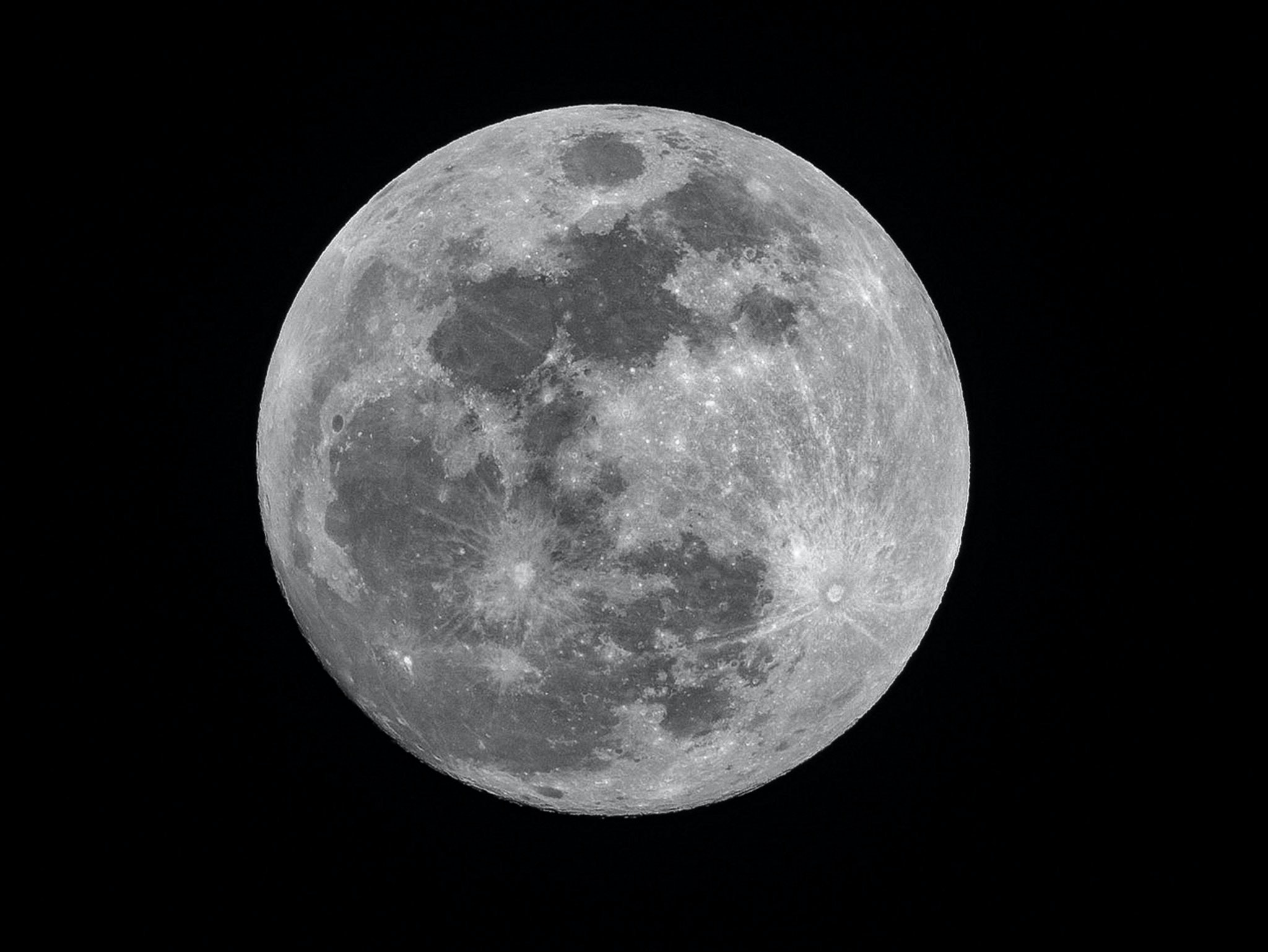The Mahabharata: Exploring the Deep Wisdom of Sacred Texts
The Mahabharata, often revered as the Greatest Epic of all Time, is one of the most significant sacred texts in Hindu mythology. Spanning approximately 1.8 million words, it is a treasure trove of knowledge, exploring a vast array of subjects ranging from ancient history and cosmic philosophy to morality and spirituality. This long-form blog post aims to delve into the depths of this profound epic, shedding light on its complex narratives, timeless wisdom, and enduring relevance.
1. Introduction to the Mahabharata
The Mahabharata, understood to have been authored by the sage Vyasa, is believed to have been composed between 300 BCE and 300 CE, though its oral tradition dates back much further. This ancient Indian epic provides a comprehensive account of the Kurukshetra War, a legendary conflict between two factions of a royal family, the Pandavas and the Kauravas, with Lord Krishna serving as the divine charioteer.
Not limited to the war, the Mahabharata also encompasses vast narratives like the Bhagavad Gita – a revered conversation between Lord Krishna and Arjuna, which imparts wisdom about duty, righteousness, and the nature of existence.
2. Key Characters and Intriguing Stories
Within the sprawling narrative of the Mahabharata, numerous characters take center stage, each portraying a unique blend of virtue and flaw. The central figures include:
- Dharma or Yudhishthira: The eldest Pandava, epitomizing righteousness and moral duty.
- Arjuna: A skilled archer and the hero of the epic, who grapples with moral dilemmas in the Bhagavad Gita.
- Bhishma: The wise patriarch blessed with a boon of death at will.
- Krishna: The incarnation of Lord Vishnu and the supreme guide of the Pandavas.
- Karna: The mighty warrior who is torn between loyalty and his true lineage.
- Draupadi: The virtuous and resilient wife of the Pandavas, who becomes the catalyst for the war.
The Mahabharata weaves an intricate tapestry of stories, encompassing both sublime and turbulent moments. From enchanting tales of celestial beings to intricate political schemes, the epic explores multifaceted themes, including loyalty, honor, sacrifice, family dynamics, political maneuvering, and the consequences of desire.
3. Philosophical Teachings and Moral Dilemmas
At its core, the Mahabharata serves as a moral and philosophical guide, raising profound questions about human existence and the nature of reality. Through intricate dialogues and thought-provoking situations, it explores concepts like:
- Dharma: The moral and ethical order that upholds the cosmos, emphasizing righteousness and duty.
- Karma: The law of cause and effect, teaching that actions have consequences.
- Moksha: The ultimate spiritual liberation, transcending the cycle of birth and death.
Furthermore, the Bhagavad Gita, embedded within the Mahabharata, expounds upon these concepts, exploring the path to self-realization and the duty of individuals in society. It raises timeless questions about the nature of life, the universe, and the purpose of human existence.
The moral dilemmas faced by various characters in the epic provide readers with a profound exploration of human emotions, complexities, and the struggle between right and wrong. The Mahabharata’s narratives caution against ego, hubris, and greed while highlighting the importance of humility, integrity, and virtuous conduct.
4. Lessons for Modern Society and Contemporary Relevance
The Mahabharata, despite being a story set in ancient times, offers timeless wisdom that resonates with people across generations. Its intricate characters and ethical dilemmas provide invaluable insights into the complexity of human nature and the challenges of personal and societal responsibility.
In our contemporary world, where moral dilemmas, conflicts, and philosophical quandaries abound, the Mahabharata can serve as a guiding light. Its teachings encourage individuals to seek a balance between their desires, responsibilities, and personal growth.
The epic warns against the destructive consequences of unchecked ambition, greed, and the blind pursuit of power. It emphasizes the importance of unity, family values, and leading a life rooted in ethical principles. Additionally, the Bhagavad Gita, with its teachings on selflessness, perseverance, and self-realization, has inspired countless individuals seeking spiritual enlightenment.
5. Scholarly Study and Cultural Influence
The Mahabharata’s impact extends far beyond religious and spiritual circles. Scholars, academics, and philosophers worldwide have analyzed and celebrated its depth and complexity. The text has also inspired countless adaptations in various art forms, including literature, theater, dance, and television.
Indispensable resources for scholarly studies, numerous interpretations and commentaries have been written to map the epic’s nuanced themes onto contemporary life. These works explore everything from the socio-political dynamics within the text to the psychological motivations of its characters.
6. Conclusion
The Mahabharata stands as an awe-inspiring testament to the intricacies of human existence, providing readers with a profound understanding of morality, philosophy, and spirituality. Its enduring impact on Indian culture and its profound messages make it a truly sacred text of immense wisdom.
From historical accounts to philosophical dissertations, the epic undoubtedly deserves its hallowed place in the literary pantheon. As we explore the Mahabharata’s labyrinthine stories and delve into its timeless wisdom, we unlock doors leading to a deeper comprehension of ourselves and our place in the grand tapestry of the universe.
Table of Contents
